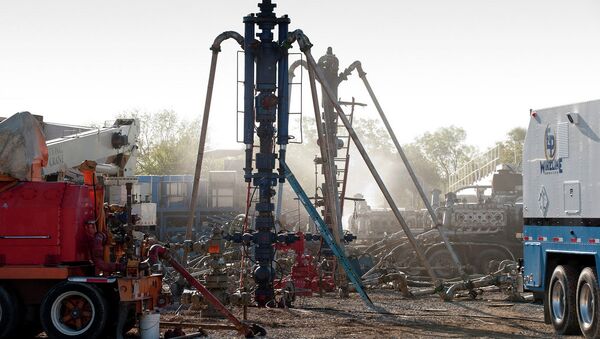Researchers said they saw no uptick in radon levels before 2004.
The state DEP estimates that close to 40 percent of homes in Pennsylvania have radon levels above recommended, and that homes which use well water instead of municipal water have higher levels of radon.
The Hopkins researchers said that at this point they can’t say with certainty that fracking caused the increased levels of radon, but that there is a correlation and further study is needed.
"We’re not convinced yet that this industry is playing a direct role [in increased radon levels]," said lead researcher Brian Weaver. "All we’re saying is these findings provide no reassurance that the industry is NOT playing a role. It’s possible fracking could be the cause and more research is needed," Weaver told ThinkProgess, a website that reports on progressive and liberal political points of view.
Fracking is a method of drilling for oil and gas by forcing water and chemicals deep into the earth to extract materials. The injection of these chemicals into the ground makes fracking highly controversial. In some cases, researchers say the process may have caused earthquakes in areas not known for seismic activity.



